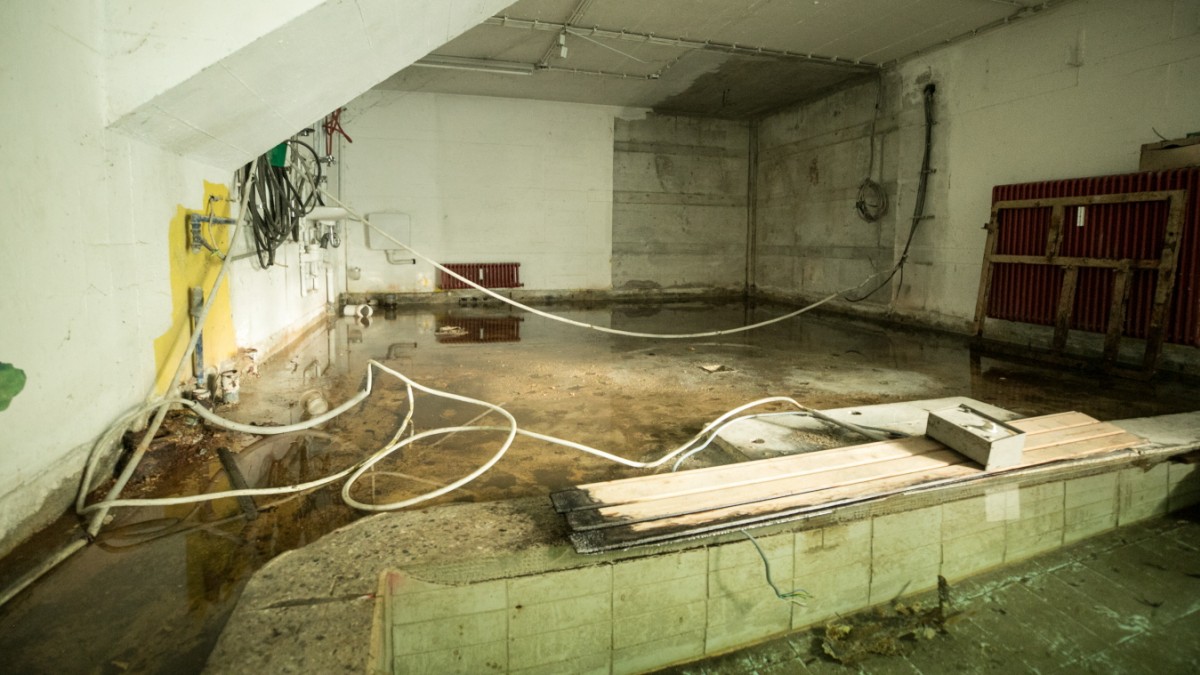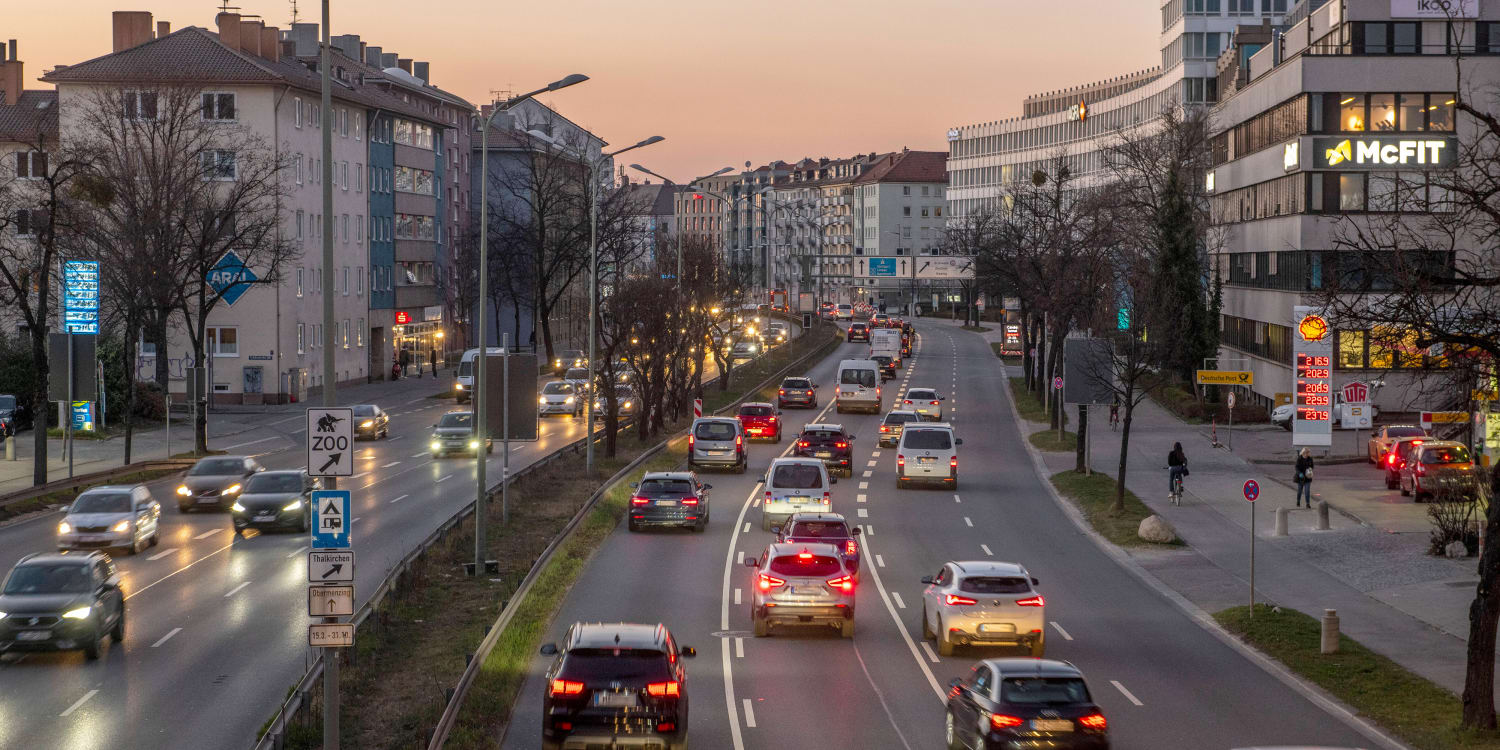Water in the cellars: the state parliament supports residents in Schwabing – Munich
No sign of help. And that for years. The basements and garages of 40 residents between the Mittlerer Ring in the south and the Karl-Arnold-Weg in the north in Schwabing are still flooded with groundwater – and the city is doing nothing to help the people. In the plenary session on Wednesday, the Bavarian state parliament once again unanimously and across party lines took the side of the local residents. “We call on the state government to take action immediately,” says the chairwoman of the environmental committee, Rosi Steinberger (Greens).
The environmental committee in the state parliament has already dealt with the petition twice this year, which the interest group (IG) Grundwasser started in February 2021. And twice, emphasizes Steinberger, a resolution to consider was passed unanimously. A third time on Wednesday. “It is the highest decision-making form of the right of petition,” says Steinberger. The state parliament is thus sending a strong, clear signal to the government and also to the city of Munich.
The reason why the water gets into the basement has been the decisive issue between the municipal department for the environment and climate protection (RKU), the Munich city drainage (MSE) and the interest group for years. The focus is on the rain outlet channel (RAK), which runs under the Karl-Arnold-Weg. The listed buildings on Genter Strasse 13a, built by architect Otto Steidle in 1972, are particularly hard hit. The canal was only built in 1987. Measurements have shown that the groundwater in the southern area of the canal has risen by 60 centimeters since 2015. In the northern part, however, only by ten centimeters.
The city has repeatedly accused residents of not having built their houses properly. The city repeatedly doubted that the rain outlet channel could be the cause of the rise in groundwater. Several expert opinions refuted this and showed that the rise in groundwater was “clearly” related to the canal, as Benno Ziegler, lawyer for the IG, says. Below he points to a further report by the water management office from August 5th that the SZ is available. It shows on Genter Strasse that there is “an increase in the groundwater level compared to a situation without RAK”. In July 2020, the water had built up to 40 centimeters.
In the meantime, Alt-OB Ude has also joined in
The environmental committee in the state parliament is unanimous: the rain outlet channel is largely the cause of the water problem, the city of Munich is delaying emergency aid. That is a “disregard for the municipal levels and a disregard for parliament,” explains Alexander Flirl (CSU), a member of the state parliament. And above all “a shabby treatment of the homeowners”.
In the meantime, former mayor Christian Ude (SPD) has also switched on. After visiting Genter Strasse 13 four days ago, he wrote on Facebook: “No, that wasn’t an idyllic walk, that was a ‘on-site visit’ in an incomprehensible scandal.” Under him, the city of Munich is asking to take “parliament and reports” seriously. Otherwise the “disgrace” would only get worse.
The member of parliament Robert Brannekamper (CSU) now wants to quickly free up funds for monument protection in the Committee for Science and Art so that money is available to pump the water through a well. “Otherwise the houses on Genter Strasse will rot,” he said. An immediate measure that the homeowners have been waiting for for a long time, as IG spokeswoman Franziska von Gagern emphasizes. The Bavarian Ministry of the Environment must finally really “deal with the issue”, demands Benno Ziegler.
The state parliament reserves the right to take further steps: An “instruction” to the state government is the next possibility and then, as Steinberger says, the so-called “substitute performance”. In the case of Genter Strasse and the other houses, this means: “We pump out and then bill the city of Munich for the costs,” explains the chairman of the environmental committee. In any case, Steinberger no longer sees any scope for discretion. After Christmas they are waiting for clear results. The question will then be: “What has the government done in the last three weeks?”




